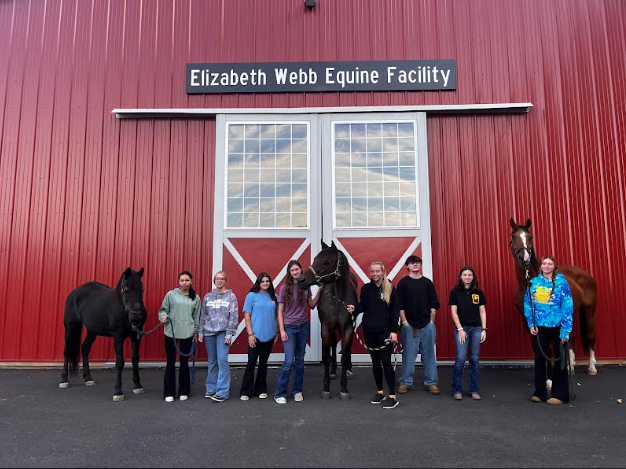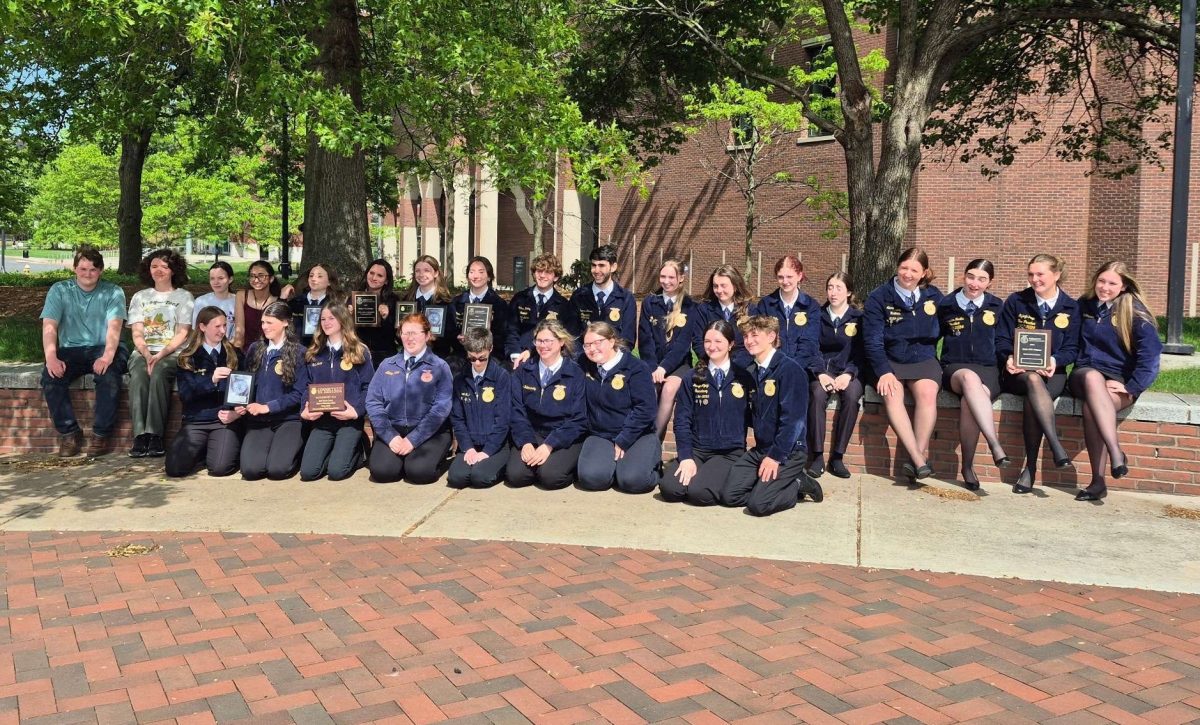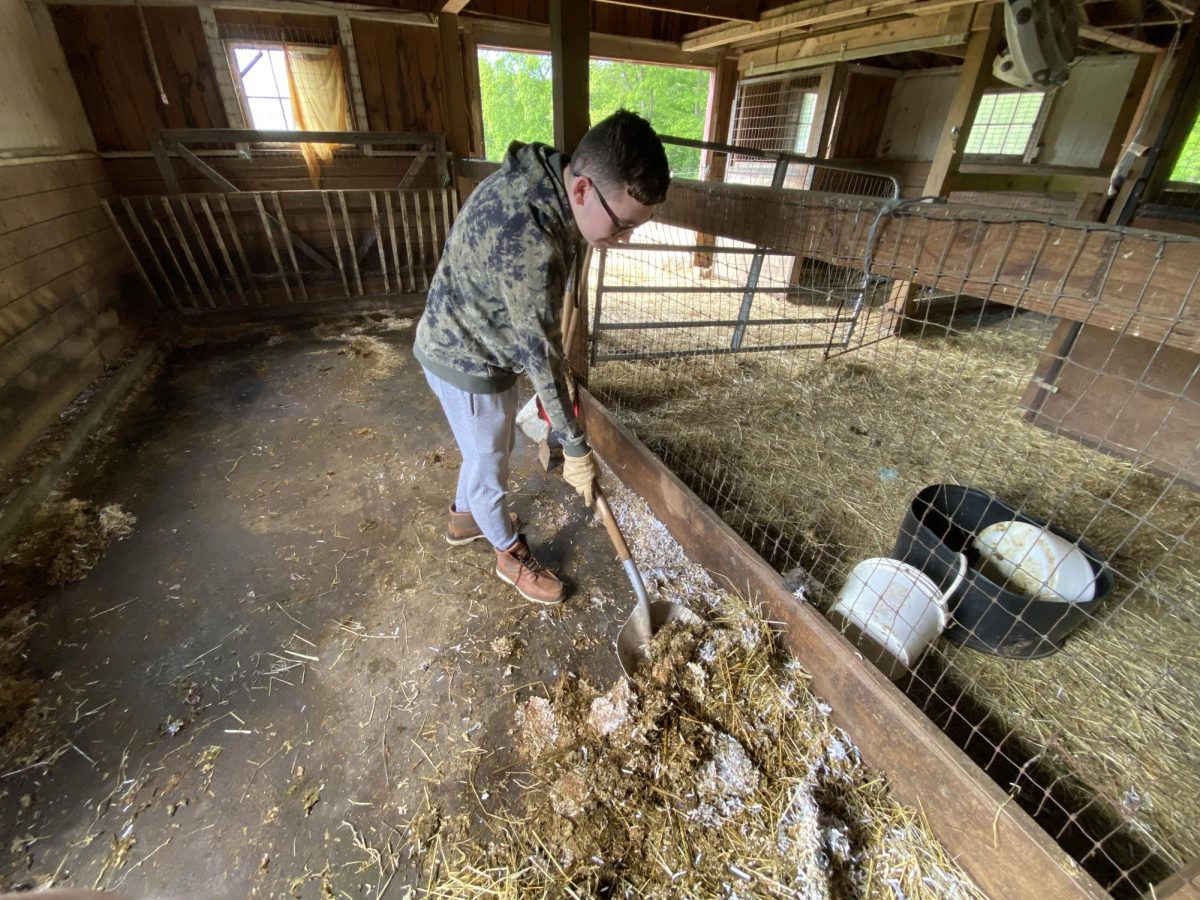WOODBURY — For students in Connecticut’s agricultural education programs, finding a supervised agricultural experience (SAE) is a critical part of their education, but it’s becoming a challenge to maintain one.
A combination of rising minimum wage laws, workers’ compensation requirements, and changes in school schedules has drastically shifted the landscape of student employment. For many at the Woodbury FFA, these changes mean fewer hours, more stress, and fear of being put on probation.
SAEs are a cornerstone of the three circle agricultural education model, consisting of classroom, FFA, and SAE. They provide hands-on work experience in fields like animal science, plant production, and agribusiness. But the increase in Connecticut’s minimum wage to $16.35 per hour has made businesses think twice before hiring minors, particularly students under 16 who often have little to no prior experience.

“It’s definitely affected the search for a job,” sophomore Riley Amaral said. “It’s hard enough that many places won’t hire anyone under 16, but having to be paid minimum wage makes it even harder. For a while, I was worried I wouldn’t find a job and was going to be put on probation.”
The difficulties don’t end with wages. As of last year, all students must be on the books, meaning their employers are required to provide workers’ compensation coverage. That requirement has significantly narrowed student opportunities, as some small businesses can’t afford to hire young workers legally.
“Having to find an SAE this year has definitely been harder,” Gianna Desjardins, another sophomore, shared. “Most jobs won’t hire anyone under 16; now, they have to pay us minimum wage, too.”
Jennifer Jedd, the SAE coordinator, has seen these changes occur across the program.
“The wage increase and higher enforcement of wage legalities, including workers comp and minimum wage, has influenced a major shift. We’ve seen more students move toward entrepreneurship SAEs because they’re struggling to get hired,” she said.
At the same time, the shifting of Tribe and Focus periods for SAT prep has reduced the time some juniors have during the school day to check in with their SAE teachers, update records, or get help with SAE planning.
“The loss of Tribe and Focus time did impact juniors and we saw AET [Agricultural Experience Tracker] scores slip,” Jedd said. “I’m sure students were still working, but they ever had time to put hours or other information in.”











